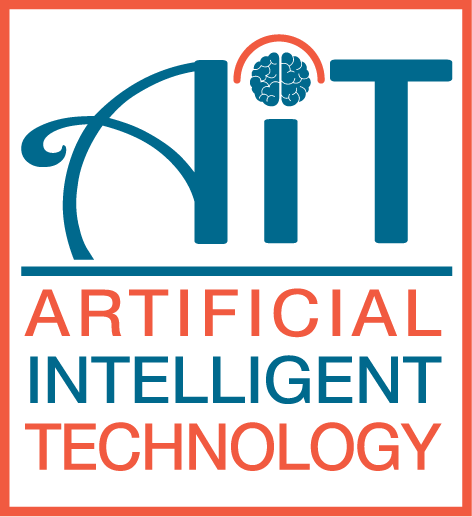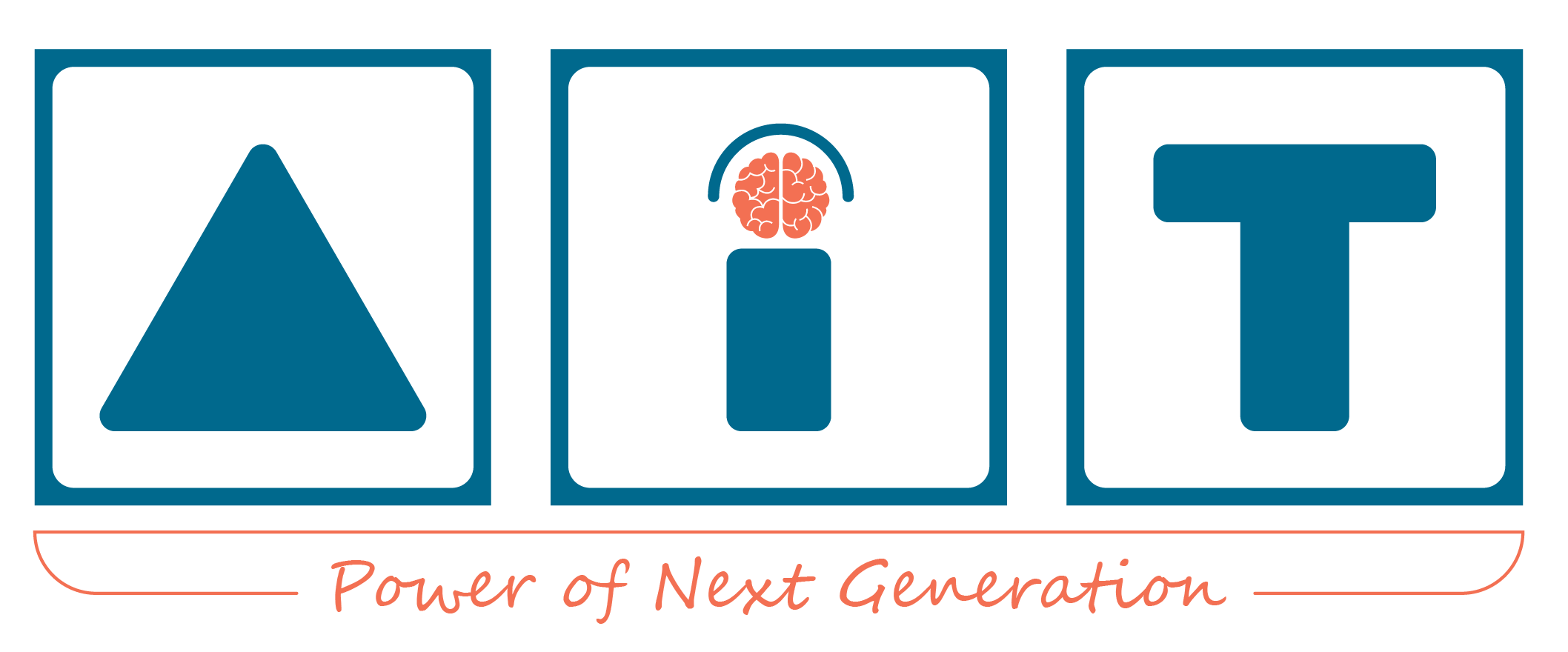MERN Stack Development
(Mongo | Express.JS | React.JS | Node.JS)
MERN :-The MERN stack is a JavaScript stack that's designed to make the development process smoother. MERN includes four open-source components: MongoDB, Express.JS, React.JS, and Node.JS. These components provide an end-to-end framework for developers to work in.
- History of Javascript What is ES6 (ECMAScript 6/JavaScript 6) ES6 Module System A Word on Bable Block Scope, Let & Const Template Literals Arrow Functions Spread and Rest Operators Object Literal Improvements Destructuring Classes Inheritance Static Properties and Methods Promises Iterators and Iterables Generators Modules New Features in ES6 JavaScript let JavaScript const JavaScript Arrow Functions JavaScript Classes Default parameter values Array.find() Array.findIndex() Exponentiation (**) (EcmaScript 2016)
1. Introduction
Audience
Pre-requisites
About Node
Execute Node
Features
Who use Node
Concepts
Where to use
Where not to use
2. Environment Setup
Text Editor
Nodejs Run Time
Download NodeJs
Installation
Executing
3. First Application
Creating a NodeJs Application
Make a request to NodeJs Server
4. REPL Terminal
What is REPL?
Starting REPL
REPL Commands
Stopping REPL
5. Packager Manager (NPM)
Installing Modules using NPM
Global vs Local Installation
Using packages.json
Attributes of packages.json
Uninstalling Module
Updating Module
Searching Module
Create a Module
6. Callbacks Concept
Using Props
Default Props
State and Props
7. Event Loop
Validating Props
8. Event Emitter
Set State
Force Update
Find DOM Node
9. Buffers
Lifecycle Methods
10. Streams
Simple
Complex
11. File System
Simple
Child
12. Global Objects
What is Refs
Using Refs
13. Utility Modules
What is Keys
Using Keys
14. Web Modules
Install a React Router
Add a Router
Create Components
15. Express Framework
What is Flux
Flux Elements
Flux Props
16. Restful API
Install Redux
Create Files and Folders
Actions
Reducers
Store
Root Component
Other Components
17. Scaling Application
Install React CSS Transitions Group
Add a CSS File
Appear Animation
Enter and Leave Animations
18. MongoDB
Connecting Node and MongoDB
Database Creation, Drop
Collection Operations
Documents Operations
19. Application
Node and Mon
1. Express.JS Basics
Introduction, Advantages
Environment Setup
Basic Application
2. Advanced Concepts of Express.JS
Request
Response
GET
POSt
Routing
HTTP Methods
URL Building
Middleware
Templating
Static Files
Form Data
Database
Cookies
Sessions
File Upload
Authentication
REST FUL API’s
Scaffolding
Debugging
1. MongoDB Basics
Introduction, Advantages
History, Features
No SQL Databases
Advantages over RDBMS
2. Environment Setup
Install MongoDB
MongoDB Shell
MongoDB Data Model
MongoDB Datatypes
3. Database
Create Database
Drop Database
4. Collection
Create Collection
Drop Collection
5. CRUD Documents
Insert Documents
Update Documents
Delete Documents
Query Documents
6. Methods
Limit()
Sort()
Skip()
1. Introduction of React.JS
Audience
Pre-requisites
About React
Features
Advantages
Limitations
2. Environment Setup
Create of Root Folder
Install Global Packages
Add Dependencies and Plugins
Create the Files
Set Compiler, Server and Loaders
html
jsx and Main.js
Running the Server
3. JSX
What is JSX
Using JSX
Nested Elements
Attributes
Javascript Expressions
Styling
Components
Naming Convention
4. Components
Stateless
Stateful
5. State
What is State?
Props
6. Props Overview
Using Props
Default Props
State and Props
7. Props Validation
Validating Props
8. Component API
Set State
Force Update
Find DOM Node
9. Component Life Cycle
Lifecycle Methods
10. Forms
Simple
Complex
11. Events
Simple
Child
12. Refs
What is Refs
Using Refs
13. Keys
What is Keys
Using Keys
14. Router
Install a React Router
Add a Router
Create Components
15. Flux Concept
What is Flux
Flux Elements
Flux Props
16. Using Flux and Redux
Install Redux
Creating Components
Working with States
Composing Components
Actions
Event Handlers
Reducers
Store
Root Component
Other Components
Unit Testing – Tools, React, Redux
17. Animations
Install React CSS Transitions Group
Add a CSS File
Appear Animation
Enter and Leave Animations
18. Higher-Order Components
What is Higher-Order Components
Ecommerce Website
Instructors

Choton Chandra Dash
InstructorPHP (recursive acronym for PHP: Hypertext Preprocessor) is a widely-used open source general-purpose scripting language that is especially suited for web development and can be embedded into HTML.
PHP (recursive acronym for PHP: Hypertext Preprocessor) is a widely-used open source general-purpose scripting language that is especially suited for web development and can be embedded into HTML.
- Duration 6 month
- Price 15000 BDT


